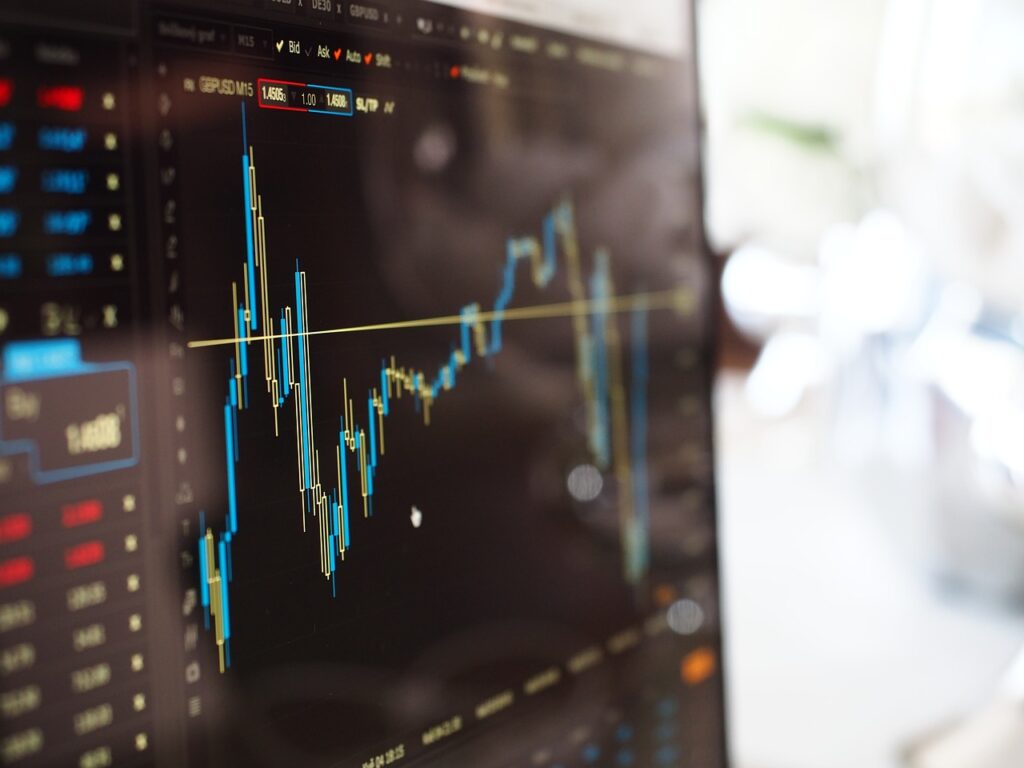In a year marked by economic turbulence, a select group of US politicians have managed to not only navigate the choppy waters of the stock market but also emerge remarkably prosperous. A new report by Unusual Whales, a market analysis group, has highlighted the financial acumen—or perhaps, the fortuitous timing—of members of Congress in their stock trading endeavors, with Democrats leading the charge in terms of profit.
The report, which draws from financial disclosures, reveals that Democratic Representatives Nancy Pelosi and Brian Higgins, along with Republican Representatives Mark Green and Garret Graves, are among the lawmakers who have made a record profit in stock trading last year. Notably, Senate Minority Leader Mitch McConnell, Senator Tommy Tuberville, and Representative Marjorie Taylor Greene also feature in this list of financially savvy—or lucky—officials.
The figures are striking. Higgins, for example, achieved a staggering 238.9 percent return over 2023, dwarfing the S&P 500 index’s 24.8 percent rise. Overall, Democratic members of Congress secured a 31 percent gain in returns, significantly outpacing their Republican counterparts’ 18 percent. These successes, however, raise eyebrows as well as questions, particularly when considering the timing of certain trades.

The STOCK Act, signed into law by President Barack Obama in 2012, was designed to prevent such potential conflicts of interest by prohibiting members of Congress from trading based on non-public information gleaned through their official duties. Yet, the law allows legislators to trade freely, provided they report their transactions within 45 days, even if their legislative actions could influence a company’s performance.
This legislative leeway has led to some notable transactions. For instance, several lawmakers with seats on committees overseeing the financial industry sold shares of Silicon Valley Bank stock before its well-publicized crash. The House Armed Services Committee and the House Oversight and Accountability Committee members made numerous transactions in health care and financial services stocks, raising concerns about conflicts of interest.
Representatives Ro Khanna and Michael McCaul’s trading activities have particularly drawn attention. Khanna’s extensive trading across various sectors and McCaul’s significant tech stock transactions, while serving on committees that could impact these industries, exemplify the kind of activity that fuels debate over the propriety of politicians playing the market.
The Unusual Whales founder, in an anonymous interview with ABC News, pointed out that while lawmakers are often credited with stock-picking prowess, they are also adept at avoiding losses. This skill—or insider advantage—is at the heart of the ongoing discourse about the ethics of politicians engaging in stock trading.
As we delve into the intricacies of these financial dealings, one cannot help but ponder the mechanisms that enable such profitable outcomes. Are our elected officials simply astute investors, or is there more to the story? The Unusual Whales report certainly provides fodder for a robust discussion on the intersection of politics and personal gain in the stock market.
In conclusion, while the STOCK Act was intended to curb the potential for insider trading, the continued success of politicians in the stock market suggests that there may be loopholes or enforcement issues at play. As the public scrutinizes these financial windfalls, the debate over the ethical implications of lawmakers’ stock trades is likely to intensify, prompting calls for greater transparency and perhaps stricter regulations.
Related posts:
Here Are the Members of Congress Who Made the Most in Stock Trading in 2023
Here are the members of congress who outperformed





